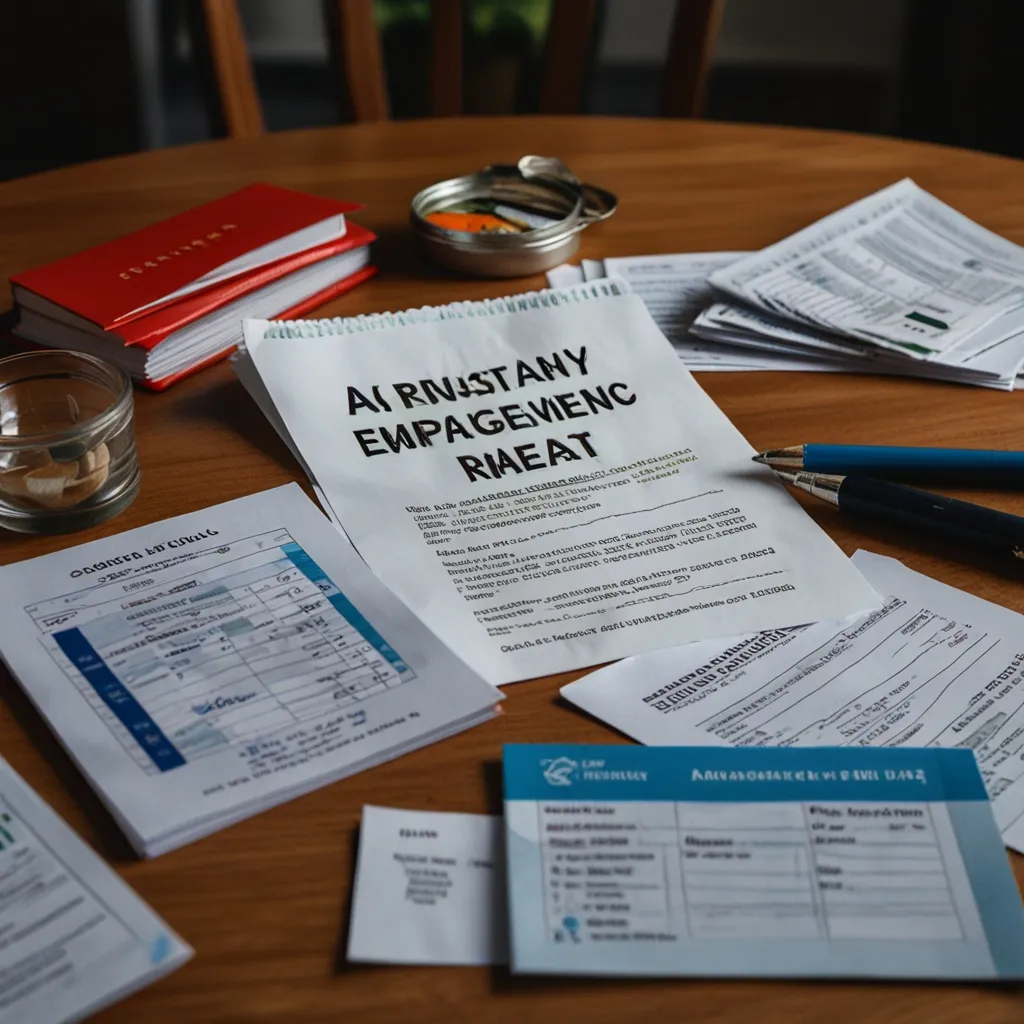The stock market is this massive, buzzing system where shares of companies are bought and sold. It’s not like you can walk into a stock market; it all happens through a network of online and offline trading. Think of it like a grand bazaar, but for stocks. This whole circus is protected by laws designed to keep out the bad guys and ensure fair play.
Picture the stock market as a giant stage. Companies step up to sell shares, raising money for their operations. When you buy these shares, you’re actually grabbing a small slice of the company. Owning shares means you get a piece of the profits, called dividends, and some say in how the company is run.
Let’s break it down with an example. If you own 100 shares of a company that has issued 1 million shares, you’ve got a tiny, but real, 0.01% ownership. That means you’re in line for any profits and have a vote on issues like who sits on the board of directors.
Regulation? Yep, that’s a big deal. In the U.S., the Securities and Exchange Commission (SEC) keeps an eye out, making sure everything’s transparent and above board. Companies listed on stock exchanges are public, meaning anyone can buy in. They’ve got to follow strict rules about what they disclose to protect investors.
Stock prices bob up and down based on supply and demand, how well the company’s doing, economic vibes, and even how investors are feeling. The game for most stock buyers is to snag a stock and hope its price climbs so they can sell for a profit. Some folks hold onto their stocks for ages, while others flip them frequently, hoping to catch quick gains.
Trading happens on stock exchanges like the NYSE and Nasdaq. These are the marketplaces where all this buying and selling goes down. Meanwhile, market indexes like the S&P 500 and Dow Jones track groups of top-performing stocks, providing a snapshot of the market’s overall health.
Investors keep an eye on these indexes to gauge their own investments. There’s even a way to invest in a whole index through funds or ETFs, spreading your bets across many stocks and mirroring the market’s average returns.
The stock market is also vital for companies needing funds. Going public with an initial public offering (IPO) lets companies issue shares to raise cash. This IPO process is tightly regulated to keep things fair.
Once a company is public, its shares enter the wild world of stock exchanges or over-the-counter markets. There are over 58,000 publicly traded companies worldwide, so there’s no shortage of investment opportunities. Whether you’re an old hand at investing or just dipping a toe in, getting the hang of the stock market is crucial. It’s the stepping stone to informed decisions and, ultimately, financial growth.
In a nutshell, the stock market is this lively, regulated system where companies get their funding and investors chase returns. By wrapping your head around how it all works, you could make smarter moves and maybe even build some serious wealth over time.






